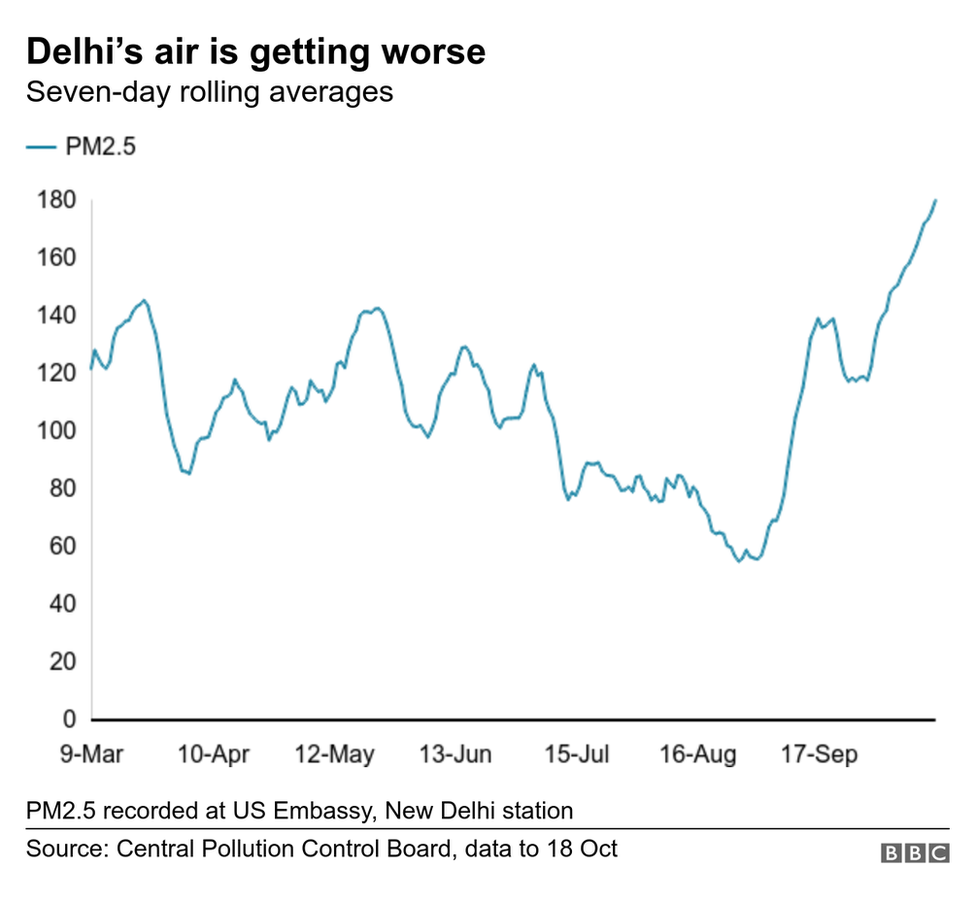‘National Pollution Control Day’ is celebrated on 2nd December every year since 1984 in the hope to raise awareness about the problem caused by increasing pollution just in hope that one day we could find a sustainable program that would benefit us in a long run.
Since each year we are introduced with new levels of pollution rate, we cannot even emphasize how important it is to take necessary actions, especially during the times of Covid-19.
But before starting anything, let’s try understanding why do we celebrate it every year on 2 December, how pandemic has created new issues and what measures are taken by the government to reduce pollution.
Definition: We can define pollution as the addition of any substance, whether solid, liquid, or gas, or any form of energy like heat, sound, etc. to the environment.
Why do we celebrate it?
National Pollution Control Day is observed in the memory of those who have lost their lives in the Bhopal Gas tragedy on 2nd December 1984.
What was the Bhopal Gas tragedy?

On 2nd and 3rd December of 1984, the tragedy was led by a poisonous chemical MIC (Methyl Isocyanate) and some other chemicals that were released from a pesticide plant UCIL (Union Carbide India Limited) in Bhopal, MP. During that devastative event, more than 5,00,000 people were exposed to MIC poisonous gas.
Around 2,259 died immediately and later according to the government around 25,000 died. History as being a witness, it is identified as the biggest industrial disaster to ever take place.
Objectives of National Pollution Control Day
The main objective is to raise enough awareness that people related to different industries or dingy car owners and etc, can know what impact their actions are bringing to the table and how life-threatening it is becoming with time. The Bhopal gas tragedy serves as a reminder to the world that how hazardous it can be.
The Government in India had made various laws to combat pollution, like in Delhi government for a while followed a system of ‘odd and even’ based on the number plates of the cars, which significantly decreased pollution as well as helped with traffic as well. But that change did not serve as a permanent solution.
National Pollution Control Board (NPCB) is the main governing body, that regularly conducts checks on industries to know whether they are following environmental regulations or not.
Preventive measures are taken by the Indian Government
The Indian government has launched various acts and rules for controlling and preventing pollution in India.
– Water (Prevention & Control of Pollution) Act of 1974.
– Water (Prevention & Control of Pollution) Cess Act of 1977.
– Air (Prevention & Control of Pollution) Act of 1981.
– Environment (Protection) Rules of 1986.
– Environment (Protection) Act of 1986.
– Manufacture, Storage, and Import of Hazardous Chemical Rules of1989.
– Hazardous Waste (Management & Handling) Rules of 1989/
– Manufacture, Storage, Import, Export & Storage of Hazardous Micro- Organisms Genetically Engineered Organisms or Cells Rules of 1989.
– The National Environment Tribunal Act 1995.
– Chemical Accidents (Emergency, Planning, Preparedness, and Response) Rules of 1996.
– Bio-Medical Waste (Management & Handling) Rules of 1998.
– Recycled Plastics Manufacture & Usage Rules of 1999.
– Ozone Depleting Substances (Regulation) Rules of 2000.
– Noise Pollution (Regulation & Control) Rules of 2000.
– Municipal Solid Waste (Management & Handling) Rules of 2000.
– Batteries (Management & Handling) Rules of 2001.
– Maharashtra Bio-Degradable Garbage (Control) Ordinance of 2006.
– Environment Impact Assessment Notification of 2006.
Covid-19 and Pollution
The air quality in Delhi has deteriorated severely over the past few weeks. According to the studies done by the Harvard Institute, an increase of only one microgram per cubic meter in PM 2.5 – dangerous tiny pollutants in the air – is associated with an 8% increase in the Covid-19 death rate. Since India is dealing with the Covid crisis, higher rates of pollution have made it worse.
People living in Delhi were able to breathe clean air during the lockdown, ever since it has been lifted, the air quality index has widely increased to be dangerous.
Since Novel Coronavirus tends to attack lungs, people who are for most of the time has been exposed to the hostile living situation, has less chance of survival studies have suggested. Even scientists have warned that higher levels of pollution will only hamper the situation.
India now has the world’s second-highest cases (7.5m and counting) and the third-highest death toll (more than 114,000) from the virus, although deaths per million of the population are relatively low. But experts have suggested that worsening air quality will likely increase these numbers.
Delhi, already one of the cities worst hit by the pandemic, will probably bear the brunt because its residents have been exposed to hazardous levels of pollution for years.
The air quality tends to get worse especially during the time of November to February, due to several factors – farmers burning crops to clear the fields, vehicular and industrial pollution, festive fireworks, and low wind speed.
Various ways to Reduce Pollution
- Bring in plans in action which would subjectively decrease air pollution for example odd and even systems.
- Pollution in Urban areas can be reduced by the Clean Development Mechanism Project.
- Taking collective and efficient methods.
Therefore, it is of utmost importance to control pollution and it should be a collective duty for each and every individual to participate in every bit of it.
Read:
Pollution: A Serious Concern Or Just Another Trend?
10 Steps Taken Worldwide To Combat Increasing Pollution
Top 10 Cleanest Cities Across The Globe












